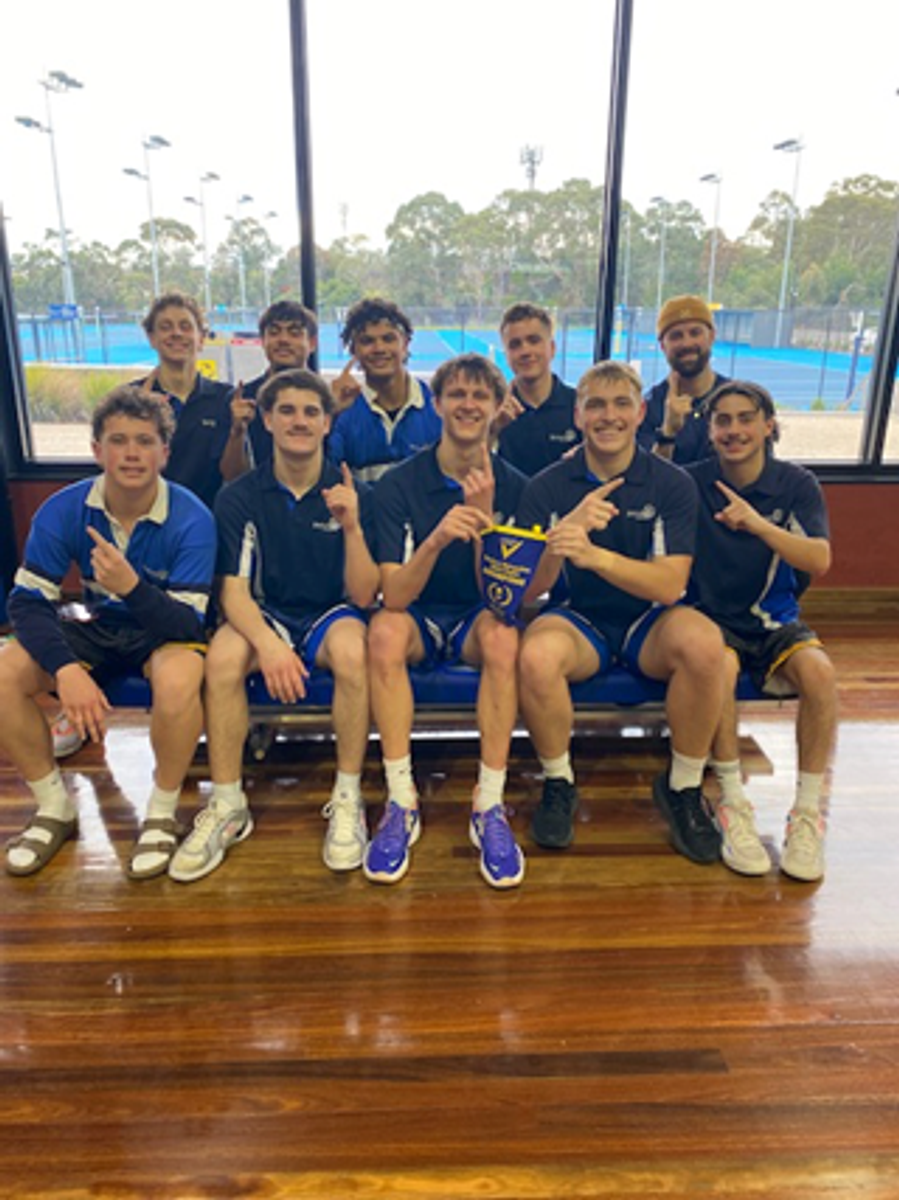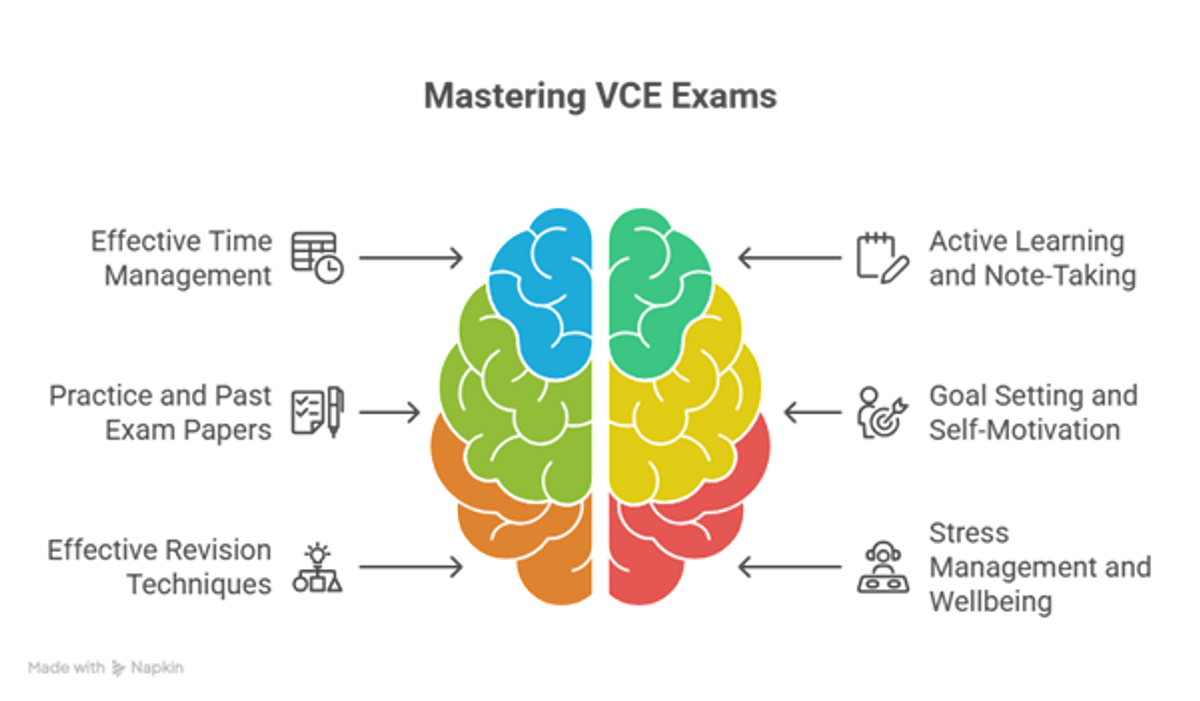Year 12
'Push Limits, Embrace Growth and Make It Count'

Year 12
'Push Limits, Embrace Growth and Make It Count'
Term 3 is well underway, and our VCE students have hit some important milestones already. Recently, students completed their English Oral SAC — a task that many found nerve-wracking, but one that was tackled with courage and preparation. Well done to all on getting through this significant component of your assessment!


We have also had our year 12 Boys Netball team dominate at their recent regional competition and will now be off to compete in the Nationals. Well done boys!
In preparation for life after school, students have been given information about upcoming university open days. These are fantastic opportunities to explore potential courses, campuses and future pathways. We strongly encourage all year 12 students to attend at least a few open days over the coming weeks to help guide their decisions beyond graduation.
There’s also a growing buzz about Valedictory! Many students are excitedly organising tables and looking forward to this special celebration of their Year 12 journey. It's a reminder that the finish line is in sight — but there’s still important work to be done.
Year 12 students should be approaching their studies with the mindset of a full-time workload — around 38 hours per week. This includes class time, homework, revision, and completing practice assessments. Now is the time to be refining those study habits:
Complete and review all classwork
Write and revise practice essays
Apply teacher feedback
Begin thorough revision of content.
With consistency, support, and focus, you can finish the year strong. Push limits, embrace growth and make it count!
Students will be preparing for exams, and this can be a stressful time. With the right support from teachers and parents, students can build confidence, manage stress and approach their exams with a clear strategy. Here's advice on how your student can prepare effectively and perform at their best.
1. Understand the Exam:
Format and Structure: Determine the exam's format (e.g., multiple choice, essay, practical) and the number of questions.
Content Areas: Identify the specific topics and subjects covered in the exam.
Marking Criteria: Understand how the exam will be marked and what the examiners are looking for.
2. Create a Study Plan:
Time Management: Allocate specific time slots for studying each subject based on its weight and your strengths/weaknesses.
Prioritise Topics: Focus on areas where you need the most improvement, and don't forget to revise topics you're already confident with.
Set Goals: Break down your study plan into smaller, achievable goals for each session.
Study Environment: Find a quiet and comfortable space where you can concentrate without distractions.
3. Utilize Active Learning Techniques:
Practice Questions: Work through practice questions, past papers, and sample tests to familiarise yourself with the question types and difficulty levels.
Active Recall: Test yourself regularly by recalling information from memory, rather than passively rereading notes.
Flashcards: Use flashcards for memorizing key concepts, definitions and formulas.
Mind Maps: Create mind maps to visualize relationships between different concepts and ideas.
Study Groups: Collaborate with classmates to discuss challenging topics and learn from each other.
4. Exam Day Preparation:
Review Summaries: Focus on your summary notes and key points to reinforce your understanding.
Practice Exam: Complete a practice exam under timed conditions to simulate the actual exam environment.
Organize Materials: Gather all necessary materials (pens, pencils, calculator, etc.) the day before the exam.
Plan Your Route: Plan your journey to the exam venue to avoid any last-minute stress.
Stay Calm: Practice relaxation techniques like deep breathing to manage anxiety.


Year 12 Team





